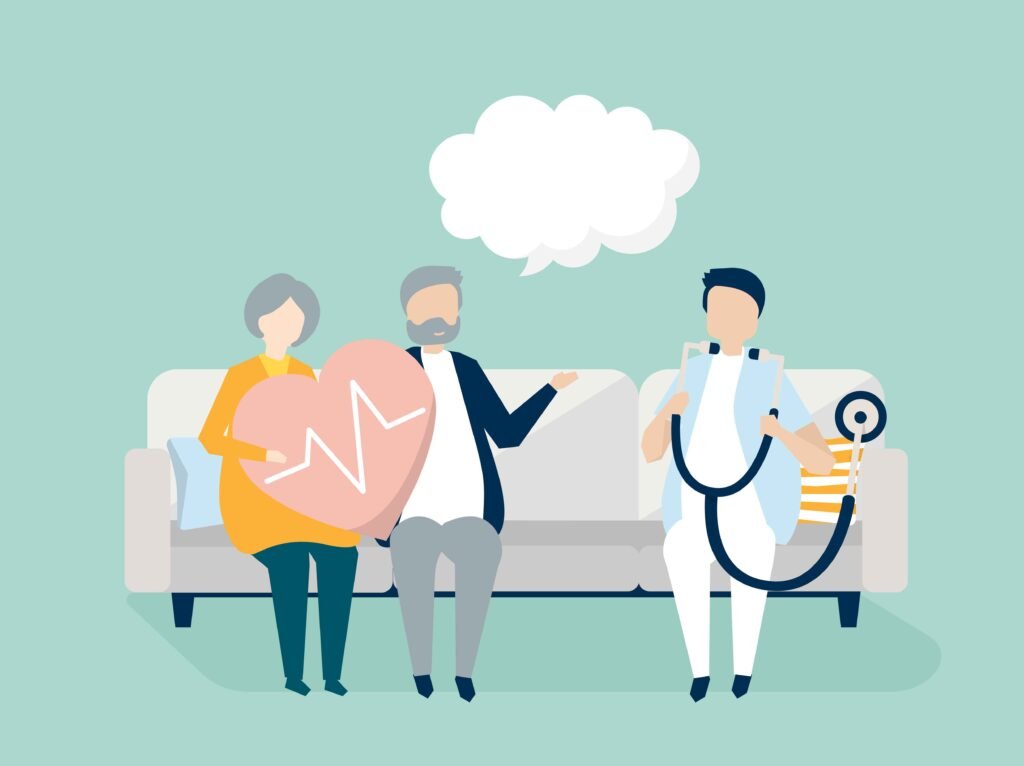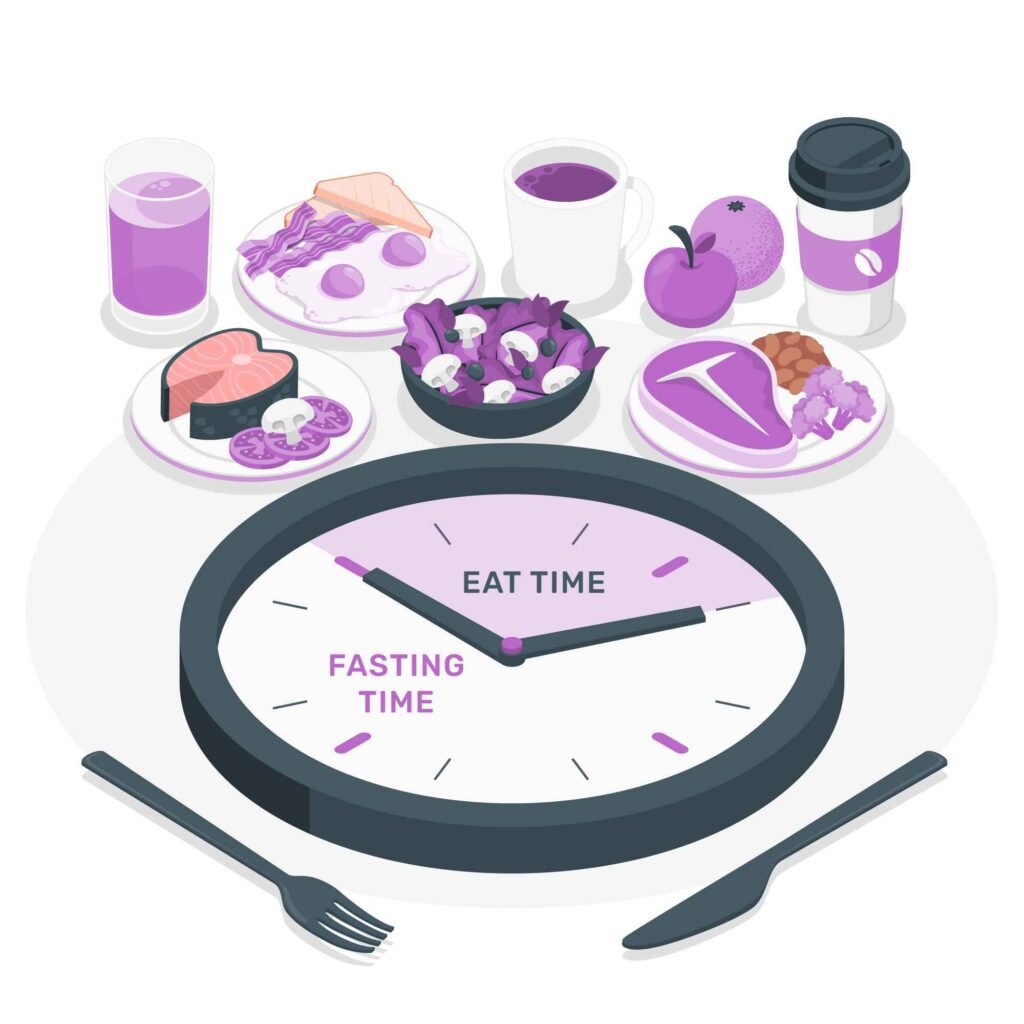
Maintaining regular health screenings is essential for preventing and managing potential health issues before they become severe. These screenings help catch diseases in their earliest stages, allowing for better outcomes. Here is a comprehensive guide to the essential health screenings by age, with insights into what you should focus on in your 20s, 30s, 40s, 50s, and beyond. This post will cover the most critical health checks and how they can make a significant difference in your long-term well-being.
Why Regular Health Screenings Matter
Preventative care is the cornerstone of a healthy life. Health screenings not only detect diseases early but also offer insights into your risk factors, enabling you to take preemptive measures. According to the American Heart Association, early detection of chronic conditions like heart disease, diabetes, and cancer can reduce mortality by up to 30%. Health screenings, depending on your age, gender, and family history, should be scheduled regularly to monitor vital signs and symptoms that may indicate serious health concerns.
Health Screenings in Your 20s
Your 20s are often seen as the healthiest time of life, but establishing health-conscious habits now sets a strong foundation for the decades to come. While serious health concerns may seem distant, regular screenings can help prevent long-term issues.
1. Blood Pressure Check
Starting in your 20s, you should check your blood pressure at least every two years. High blood pressure (hypertension) often has no symptoms but can lead to heart disease or stroke if left untreated.
2. Cholesterol Test
Monitoring cholesterol levels is crucial even in your 20s. High cholesterol contributes to plaque buildup in arteries, leading to heart disease. The American Heart Association recommends getting your cholesterol checked every five years, starting at age 20.
3. Sexually Transmitted Infection (STI) Screenings
If you’re sexually active, STI screenings are critical. Regular tests for chlamydia, gonorrhea, HIV, and other infections can prevent long-term health complications and reduce transmission risk.
4. Pap Smear (For Women)
Beginning at age 21, women should have Pap smears every three years to detect cervical cancer and abnormal cells. This screening is vital for early detection of one of the most treatable cancers when caught early.
5. HPV Vaccine
Human papillomavirus (HPV) is the leading cause of cervical and other cancers. Getting the HPV vaccine in your early 20s if you haven’t done so already is highly recommended.
6. Mental Health Screening
Mental health issues such as anxiety and depression often begin to emerge during your 20s. Routine mental health screenings can help detect and manage these conditions early, ensuring long-term well-being.
Health Screenings in Your 30s
In your 30s, it’s essential to maintain the healthy habits established in your 20s while adding screenings for new risk factors. As lifestyle factors such as stress, career growth, and family planning come into play, regular health checks become even more critical.
1. Skin Cancer Screening
Skin cancer is one of the most common forms of cancer in the world. If you’ve had significant sun exposure or a family history of skin cancer, regular skin exams starting in your 30s are crucial. Perform self-exams monthly, and have a dermatologist check for irregular moles or skin changes annually.
2. Thyroid Function Test
Thyroid problems, especially hypothyroidism, can develop in your 30s, particularly in women. A simple blood test can detect any thyroid imbalances, helping you manage energy levels, metabolism, and weight.
3. Fertility and Reproductive Health
Both men and women should start discussing fertility and reproductive health in their 30s. Hormone levels, ovarian reserve tests (for women), and semen analysis (for men) can give insights into potential reproductive health concerns.
4. Mammograms (Women)
Women with a family history of breast cancer should start mammograms in their late 30s. For others, regular breast self-exams are essential, and any unusual lumps or changes should be examined by a healthcare professional.
Health Screenings in Your 40s
Your 40s bring new challenges as the risk of chronic diseases, such as cardiovascular disease and cancer, increases. By now, regular screenings should be an integral part of your routine healthcare.
1. Mammogram (Women)
By age 40, women should begin annual or biennial mammogram screenings to detect breast cancer. Early detection significantly improves treatment success rates.
2. Colorectal Cancer Screening
The risk of colorectal cancer increases with age, and screening should begin at age 45 for both men and women. A colonoscopy every 10 years is recommended to detect early signs of cancer.
3. Diabetes Screening
Metabolic changes in your 40s make it important to screen for type 2 diabetes, especially if you have risk factors such as obesity or a family history of diabetes. A fasting blood sugar test or HbA1c test is used to detect high blood sugar levels.
4. Heart Health (Cholesterol, Blood Pressure)
Cardiovascular disease becomes a growing concern in your 40s. In addition to regular blood pressure and cholesterol tests, your doctor may recommend an electrocardiogram (EKG) if you have high-risk factors such as smoking or obesity.
5. Vision and Hearing Tests
Vision starts to deteriorate in your 40s, and it’s important to schedule regular eye exams. Hearing tests may also be recommended if you notice any changes.
Health Screenings in Your 50s
In your 50s, health risks increase significantly, and preventative screenings become more critical for detecting serious conditions before they develop into life-threatening diseases.
1. Lung Cancer Screening
For those with a history of smoking, a low-dose CT scan to screen for lung cancer is recommended starting in your 50s. Lung cancer is often detected at advanced stages, so early detection is crucial for better outcomes.
2. Bone Density Test
Osteoporosis becomes a significant risk for women after menopause and can affect men as well. A bone density test (DEXA scan) can help determine your risk and prevent fractures or bone loss.
3. Prostate Cancer Screening (Men)
Men in their 50s should start discussions about prostate cancer screenings with their healthcare provider. A PSA test and digital rectal exam are common methods for detecting early signs of prostate cancer.
4. Thyroid Check
While thyroid disease can develop earlier, it’s particularly important to check thyroid levels in your 50s. Hypothyroidism can cause fatigue, weight gain, and depression, so early diagnosis is key to effective management.
Health Screenings in Your 60s and Beyond
As you enter your 60s and beyond, preventative health care becomes even more crucial. In addition to maintaining regular health checks, new screenings for age-related conditions should be considered.
1. Vaccinations
Staying up to date on vaccinations is important in your 60s. The shingles vaccine, pneumococcal vaccine, and flu shots are essential for preventing infections that can become more serious with age.
2. Cognitive Screenings
Dementia and Alzheimer’s disease become more prevalent in your 60s. Regular cognitive screenings, particularly if there’s a family history, can help catch these conditions early.
3. Hearing and Vision Tests
Hearing loss and vision problems are common in older adults. Annual exams ensure early detection of issues such as glaucoma, cataracts, and macular degeneration.
4. Abdominal Aortic Aneurysm Screening (Men)
Men aged 65 to 75 who have smoked should consider screening for an abdominal aortic aneurysm, a dangerous condition that can be fatal if left undiagnosed.
Conclusion
Regular health screenings, tailored to each stage of life, can make a significant difference in your overall well-being and longevity. Whether it’s a simple blood pressure check in your 20s or a comprehensive cognitive screening in your 60s, these screenings allow you to take control of your health and catch potential issues before they escalate. Always consult your healthcare provider to tailor your screenings based on your individual needs and family medical history.
By maintaining a consistent schedule of health checks, you can ensure a healthier, more proactive approach to life, reducing your risk of chronic diseases and increasing your chances of living a long, fulfilling life.



